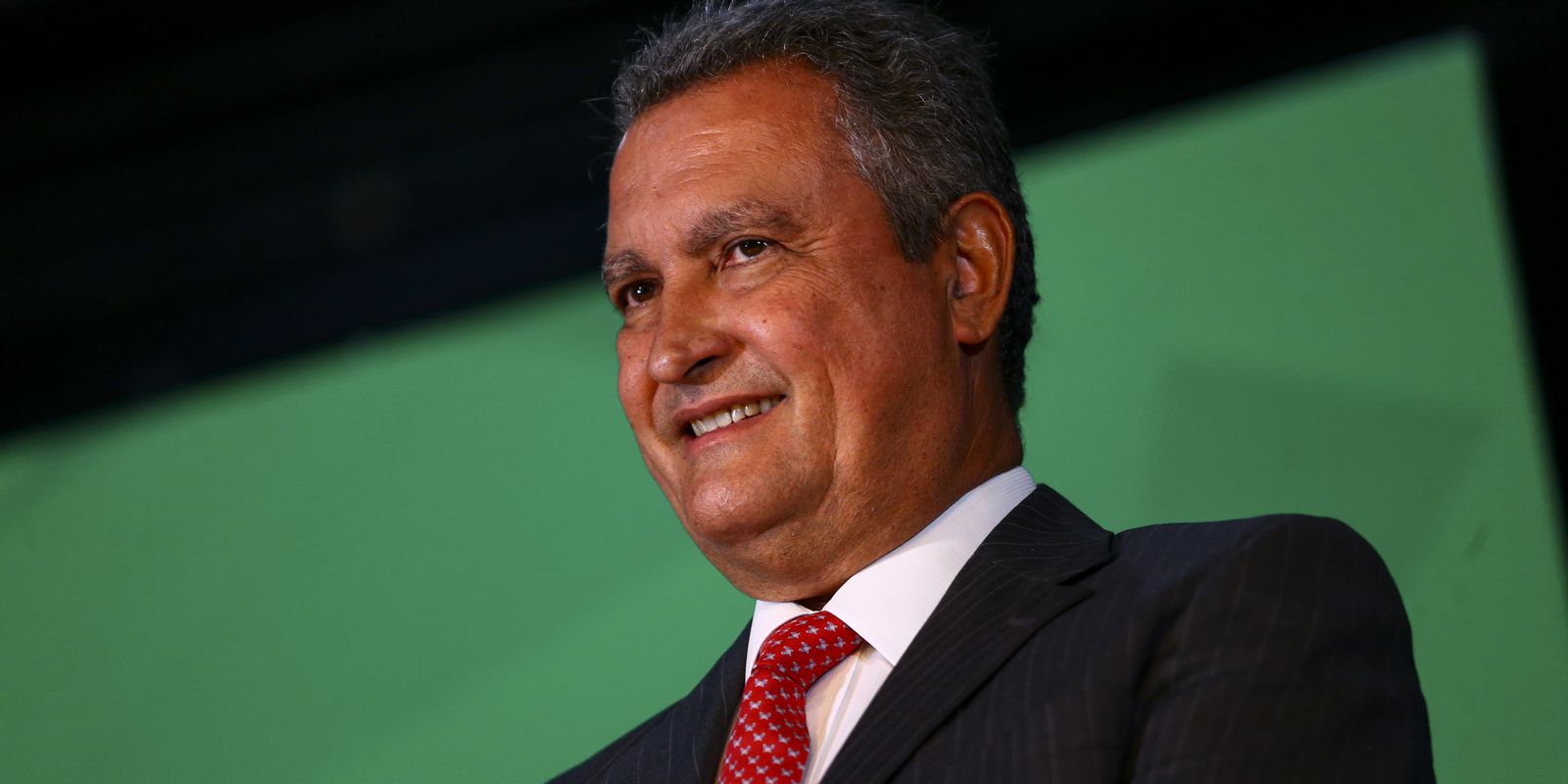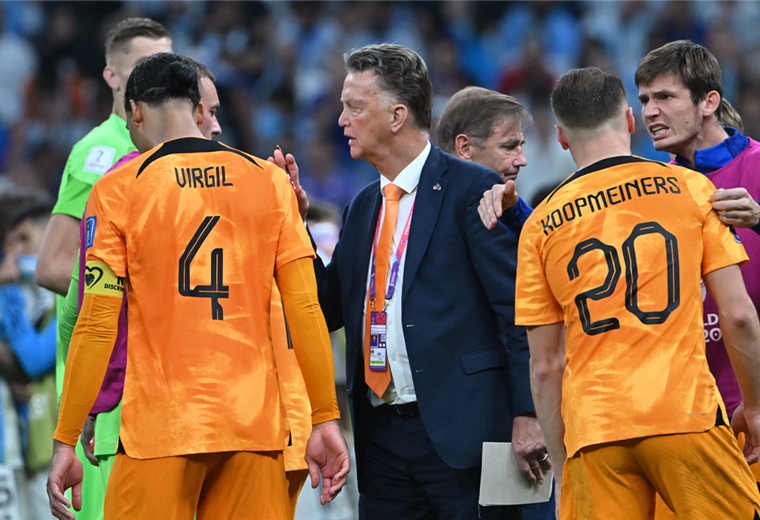Articulation with states, municipalities and the private sector to expand concessions and public-private partnerships (PPP) will be a priority in the Civil House, said today (9) future minister Rui Costa, confirmed earlier by President-elect Luiz Inacio Lula da Silva. In an interview at the end of the afternoon, he announced that the ministry will coordinate the administration of the government and will not take care of the political articulation, which will be exercised by another person to be announced next week by Lula.
According to Costa, governor of Bahia who will leave office at the end of the year, Lula intends to repeat the organization chart of the second government, between 2007 and 2010. At the time, it was up to the Institutional Relations Secretariat to articulate with the National Congress.
“My role will be to help with management. I will not do political articulation. The political articulation, the president [eleito Lula] nominate who will do it. President Lula will return with the organization chart for the second term. That’s the basic org chart he has in mind. The adjustments will be defined in a meeting on Sunday”, clarified Costa.
The future minister said he had asked the Federal Court of Auditors (TCU) for a list of stalled works. “The situation is serious. You have already heard the account of the transition groups. There are many works at a standstill. I have already made contact with the TCU minister to have access to their survey, which they say is not an accurate survey. In Bahia alone, we have 500 works in the area of education paralyzed ”, he commented.
private investments
According to Costa, the increase in the number of concessions and PPP will be highlighted in the future government. Mainly through dialogues with local governments. According to the new minister, the federal government may enter into a PPP alone or jointly with state governments. He said that he intends to repeat the success of these partnerships implemented in some states and that the participation of the private sector is important to overcome budget restrictions next year.
“We will seek to intensify the return on investments through the number of concessions and public-private partnerships. Let’s study this. Brazilian states have been successful in this PPP modeling to leverage investments. What comes out of the fiscal imprisonment that we are in at the moment and makes possible long-term structuring works that would help in the resumption of business and investments”, he declared.
Among the areas that will follow this model, Costa mentioned basic sanitation and investments in renewable energies. He said that he intends to revise the Sanitation Regulatory Framework which, according to him, stopped works in the area. The whole process, he pointed out, will be carried out with broad dialogue with the private sector and state public companies, which carry out more than 85% of sanitation in the country.
“What we want is to unlock investments. We understand that, in the format it was in, investments were blocked. This was stuck and, since it was voted and regulated, we haven’t seen the explosion in investments, as expected. At polling time [em que o Congresso alterou o projeto de última hora]I warned about this risk”, he said.
Transmission lines
With regard to renewable energies, Costa informed that the priority will be to boost investments in hydrogen plants produced with clean energies and in auctions of transmission lines to unlock projects already licensed and with reserved areas, which are not concluded due to the delay in auctions of transmission lines.
“Every day, 10% to 15% of the solar and wind energy produced in Brazil is thrown away, due to lack of transmission lines. Because, in recent years, private auctions that would be remunerated in the long term to make the flow of this energy viable were not carried out in the necessary flow. We have many projects ready, in the pipeline, with reserved and licensed areas, which just do not start activities because there is no predictability of the transmission lines”, he criticized.
The future Chief of Staff promised coordinated and cross-cutting action among the ministries to speed up the execution of projects. “Many actions involve more than one ministry. If we want a quick execution, we have to involve all the entities within a project”, he explained.








